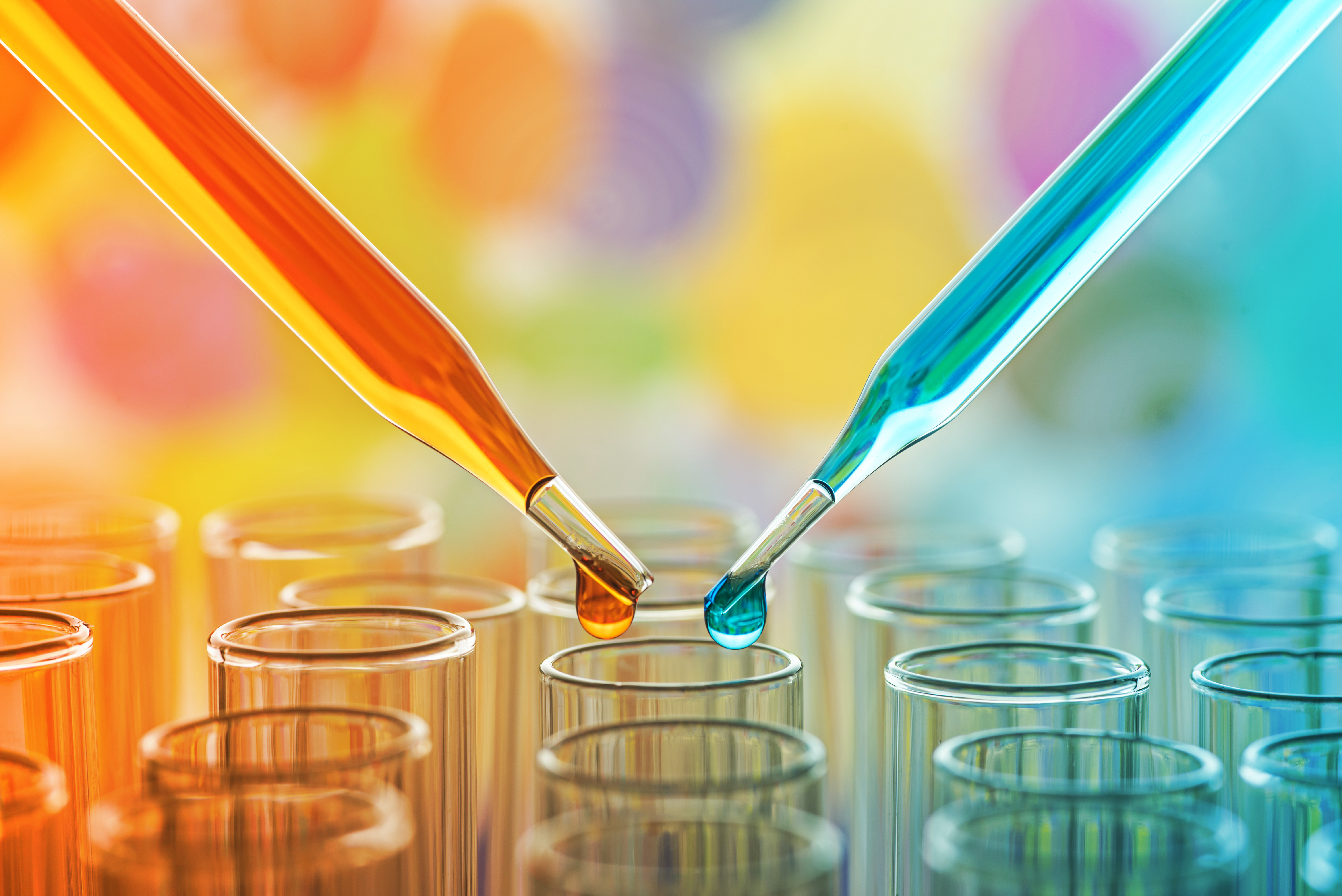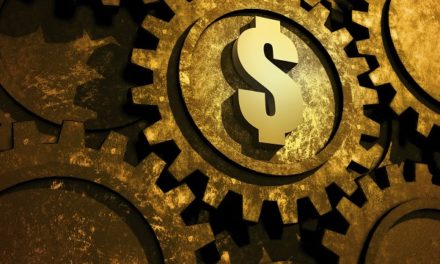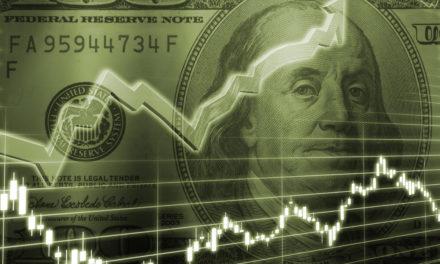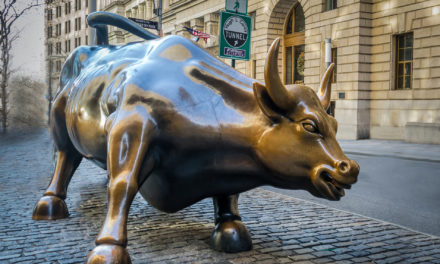
“Only buy something that you’d be perfectly happy to hold if the market shut down for 10 years.”
— Warren Buffett
Investors can learn a lot from Warren Buffett, whose above quote teaches the importance of thinking about investment time horizon, and asking ourselves before buying any given stock: can we envision holding onto it for years — even a decade-long holding period possibly?
Suppose a “buy-and-hold” investor was considering an investment into Philip Morris International Inc (NYSE: PM) back in 2012: back then, such an investor may have been pondering this very same question. Had they answered “yes” to a full decade-long investment time horizon and then actually held for these past 10 years, here’s how that investment would have turned out.
| Start date: | 02/21/2012 |
|
|||
| End date: | 02/17/2022 | ||||
| Start price/share: | $82.27 | ||||
| End price/share: | $111.90 | ||||
| Starting shares: | 121.55 | ||||
| Ending shares: | 196.90 | ||||
| Dividends reinvested/share: | $41.83 | ||||
| Total return: | 120.33% | ||||
| Average annual return: | 8.22% | ||||
| Starting investment: | $10,000.00 | ||||
| Ending investment: | $22,028.32 | ||||
As we can see, the decade-long investment result worked out well, with an annualized rate of return of 8.22%. This would have turned a $10K investment made 10 years ago into $22,028.32 today (as of 02/17/2022). On a total return basis, that’s a result of 120.33% (something to think about: how might PM shares perform over the next 10 years?). [These numbers were computed with the Dividend Channel DRIP Returns Calculator.]
Dividends are always an important investment factor to consider, and Philip Morris International Inc has paid $41.83/share in dividends to shareholders over the past 10 years we looked at above. Many an investor will only invest in stocks that pay dividends, so this component of total return is always an important consideration. Automated reinvestment of dividends into additional shares of stock can be a great way for an investor to compound their returns. The above calculations are done with the assuption that dividends received over time are reinvested (the calcuations use the closing price on ex-date).
Based upon the most recent annualized dividend rate of 5/share, we calculate that PM has a current yield of approximately 4.47%. Another interesting datapoint we can examine is ‘yield on cost’ — in other words, we can express the current annualized dividend of 5 against the original $82.27/share purchase price. This works out to a yield on cost of 5.43%.
One more piece of investment wisdom to leave you with:
“Calling someone who trades actively in the market an investor is like calling someone who repeatedly engages in one-night stands a romantic.” — Warren Buffett




